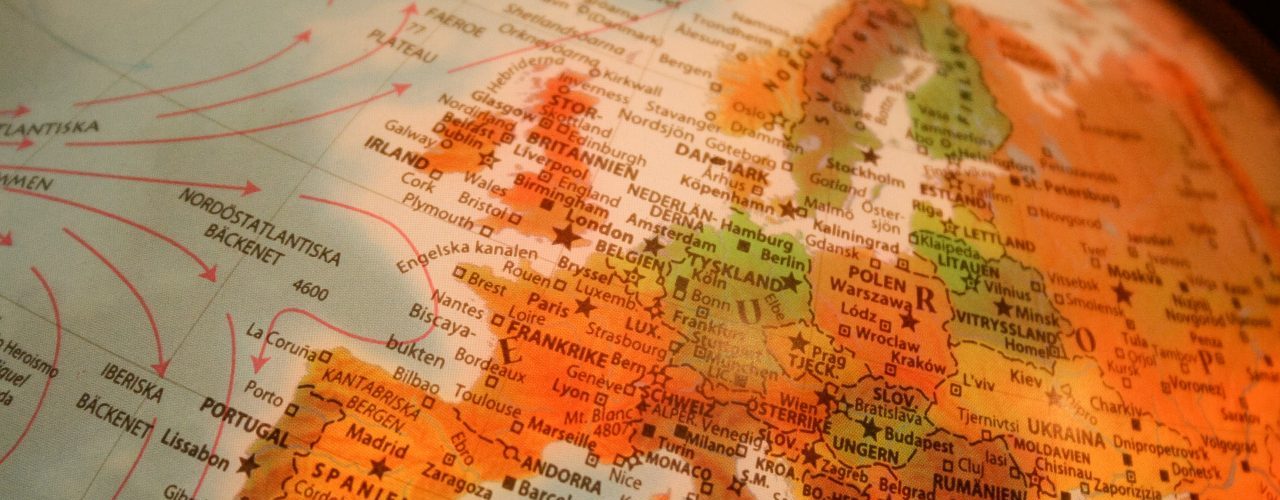- The OECD report of September 11, 2024, confirms VAT as a key fiscal policy tool for states.
- VAT remains a major source of public revenue and can influence economic and social decisions.
- There is a trend toward phasing out temporary VAT reductions, despite ongoing exemptions for essential goods and services.
- The report highlights the continued growth of related taxes, such as excise duties on tobacco, alcohol, sugary drinks, and environmental taxes.
- These fiscal measures reflect a more diversified and targeted approach, incorporating public health and environmental protection objectives.
Source: easytax.co
Note that this post was (partially) written with the help of AI. It is always useful to review the original source material, and where needed to obtain (local) advice from a specialist.
Latest Posts in "World"
- Top Invoice Numbering Mistakes and Simple Ways to Prevent Costly Errors
- Country Profiles on E-Invoicing, E-Reporting, E-Transport, SAF-T Mandates, and ViDA Initiatives
- VAT Deduction: Historical Development and Legal Principles Shaping Modern Consumption Taxation
- Basware on YouTube – Compliance without the boring bits – Episode 5 (December 9)
- E-Invoicing choices you make now will show up in your S/4HANA Project later















